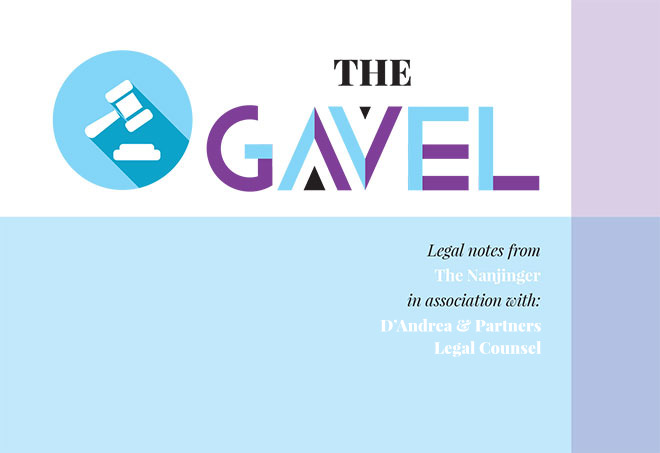We are now fully immersed in an information society, in which we discover new business and social opportunities that in turn rely on the large amount of data which has been created from our usage, a process in which our personal data security may have been infringed upon.
Recently, Face-Swapping APP, Zao, which allows users to replace the face of a celebrity with that of their own and then share the “face-swapped” videos with their friends, has become extremely popular in China.
There are two kinds of security concerns arising from this technology; how Zao will use the information obtained and what if the technology is used for illegal purposes?
Terms of Service
From the moment Zao first appeared, its original Terms of Service mentioned that before the user uploads and posts his/her facial data, he/she grants Zao and its related companies the right to use it for free globally, for eternity.
- Sexual Harassment & Other Illegalities in the Gyms of China
- Laws of Living; 4 Top Legal Concepts for Foreigners in China
- China Firm’s Theft of First Ever Photo of Black Hole
Challenged by a flood of accusations online, Zao changed its user agreement. According to the updated version, facial data uploaded by the user will be limited to solely being used on the platform, while the relevant content will be saved on the platform in accordance with laws and regulations.
Risks of the Technology
AI face-swapping technology is not new, and many are becoming increasingly worried that this and “deep fake” technology could be used maliciously.
Alipay, one of China’s biggest digital payment platforms, responded to Zao’s appearance by reassuring users that its security checks for facial recognition payment could not be fooled by current face-swapping apps, but even if the very minor probability of an identity theft occurs, such a loss will be fully covered by insurance.
How is Your Data Security Protected?
According to Chinese Criminal Law, whoever, in violation of the relevant provisions of the State, sells or provides others with the personal information of a citizen under serious circumstances shall be sentenced to a fixed-term imprisonment or criminal detention of not more than 3 years and shall be fined accordingly; if the circumstances are especially serious, the person shall be sentenced to a fixed-term imprisonment of not less than 3 years and no more than 7 years and fined accordingly.
Since the facial data of users can be classified as personal information, if companies such as Zao sell or provide facial data to other entities without legal permission, they may assume criminal liability. According to the Chinese Cyber Security Law, if network operators desire to collect and use personal information, they shall follow the principles of legitimacy, rightfulness and necessity; disclose their rules of data collection and use; clearly express the purposes, means and scope of collecting and use of the information; and obtain the consent of the persons whose data is gathered.
- Economic Stimulation; Golden Week vs. Long Weekends
- The Mystery of the Drunk-Driving Litchi
- New Law to Prevent Compulsory Technology Transfer
Where individuals discover that network operators gather or use their personal information in violation of the provisions of laws and administrative regulations or agreements arrived at, they have the right to request the network operators to delete their personal information.
What Can We Do?
Although few people actually do this, it is still necessary to read the Terms and Conditions (or Terms of Service) before clicking, “Agree”.
Do not upload personal information on a relatively public platform.
When we are enjoying the convenience our society brings, we are also taking the risk of being harmed by the leakage of sensitive information. In order to be savvy during the technology revolution, be aware, but don’t be scared.
DISCLAIMER
This article is intended solely for informational purposes and does not constitute legal advice. Although the information in this article was obtained from reliable official sources, no guarantee is made with regard to its accuracy and completeness. For more information please visit dandreapartners.com or WeChat: dandreapartners









